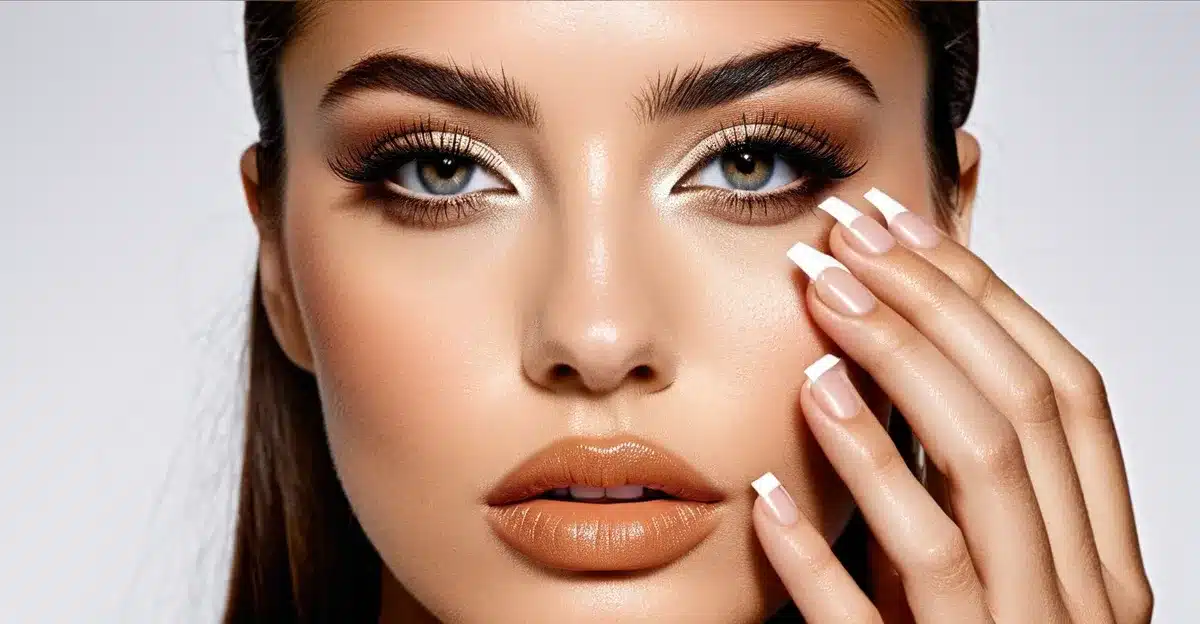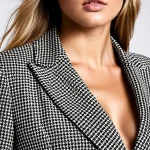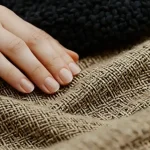Contemporary UK Fashion and Women’s Empowerment
Exploring the synergy between style and social progress
Modern UK fashion trends prominently reflect the ongoing movement towards women’s empowerment. From bold silhouettes to versatile tailoring, designers in the fashion industry UK create collections that celebrate strength and confidence. This evolution isn’t just about aesthetics; it’s about fostering a sense of autonomy and equality through clothing choices.
In parallel : How Can Sustainable Fashion Trends Influence Women’s Lifestyle in the UK?
Key trends emphasize inclusivity, such as gender-neutral styles, sustainable fabrics, and designs that challenge traditional norms. These elements empower women to express their identity unapologetically. For example, oversized blazers and tailored suits, popular in recent UK fashion trends, symbolize breaking free from conventional expectations.
British designers and brands play a crucial role in advancing this message. They use their platforms to highlight social issues, collaborate with feminist movements, and promote diversity in their campaigns. The fashion industry UK thus becomes a powerful stage for advocating women’s empowerment, leveraging style to inspire confidence and gender equality. This intersection between creativity and activism shapes a future where fashion is both expressive and purposeful.
Have you seen this : How do UK fashion influencers shape women’s lifestyle trends?
Influential Figures and Brands Championing Empowerment
Shape the narrative with voices that matter
In the dynamic world of UK fashion designers, empowerment emerges as a key value. Designers like Stella McCartney exemplify this by blending sustainability with strong female representation. Her work not only showcases innovation but also stresses ethical choices that empower women as both creators and consumers.
Many empowering brands actively promote diversity and gender equality through bold campaigns. For instance, brands such as Self-Portrait and Victoria Beckham have crafted collections and messages that celebrate women’s strength and individuality. These initiatives go beyond aesthetics—they foster confidence and inclusivity across fashion audiences.
Women fashion leaders have played transformative roles by reshaping the industry’s focus. Pioneers like Alice Temperley and Phoebe English emphasize craftsmanship coupled with social responsibility, pushing for a fashion landscape where women’s voices shape design and business practices. Their leadership stands as a compelling example of how commitment to empowerment drives both creativity and cultural impact.
Together, these designers and brands illustrate a powerful intersection of style and advocacy, proving that UK fashion remains a vibrant platform for championing women’s rights and representation.
Representation and Diversity on UK Runways
The landscape of British fashion shows has evolved considerably, with increased emphasis on diversity in fashion. These shows are now showcasing models of varying ages, sizes, ethnicities, and cultural backgrounds, challenging conventional beauty norms long ingrained in the industry. For instance, more mature models and curvy figures are gaining visibility, reflecting a broader definition of beauty.
This shift towards inclusive fashion UK signals a deliberate move to embrace a wider spectrum of identities, which in turn reshapes societal views on empowerment. When audiences see relatable representation, it fosters a stronger sense of inclusion and confidence across diverse communities.
Despite notable progress, barriers persist. Traditional casting practices and entrenched industry standards still limit true inclusivity. Many designers and agencies are actively working to dismantle these obstacles, implementing more equitable casting calls and embracing diverse aesthetics. Yet, full representation remains a goal rather than a reality.
Progress in British fashion shows reveals both the power and challenge of embedding true diversity in the fashion world, highlighting ongoing efforts to make runways truly inclusive and reflective of society at large.
Fashion Campaigns Promoting Confidence and Gender Equality
Fashion campaigns UK have increasingly embraced gender equality and body positivity, reshaping how society views beauty and self-worth. Leading campaigns champion women’s confidence by celebrating diverse body types and encouraging authentic self-expression. These initiatives challenge traditional beauty standards, pushing for inclusion beyond size, race, and gender norms.
One notable effect of fashion campaigns UK is the empowerment of individuals who previously felt marginalized. By showcasing real stories and unretouched images, these campaigns foster an environment where self-acceptance thrives. This approach helps dismantle stereotypes and promotes a broader acceptance of different identities.
The cultural shifts fueled by these campaigns have sparked meaningful conversations about gender roles and the ways clothing can support personal identity. Many UK brands now prioritize messaging that uplifts and supports all genders equally, influencing both consumers and the industry at large.
Through persistent promotion of confidence and equality, fashion campaigns UK continue to play a pivotal role in redefining societal attitudes—making inclusivity not just a goal but a celebrated reality.
Societal Impacts and Continuing Challenges
The journey of women in fashion has profoundly influenced societal change UK. The fashion industry not only reflects cultural shifts but actively challenges traditional gender roles by showcasing diverse narratives and empowering female expression. Over decades, clothing styles and runway choices have mirrored evolving attitudes toward women’s independence and identity.
However, significant challenges in empowerment remain. Despite increased visibility, issues like wage gaps, underrepresentation in leadership roles, and persistent stereotypes continue to hinder true equality. The fashion sector must confront these barriers head-on to advance systemic change.
Experts emphasize that the future of women’s empowerment in UK fashion lies in authentic inclusivity and sustainable practices. Embracing diverse backgrounds, body types, and voices will foster a more equitable environment. Furthermore, ethical production and transparency can empower women economically and socially.
Ultimately, the impact of fashion on societal change UK is a dynamic force, but it demands ongoing commitment to overcome obstacles and fully harness its potential as a platform for female empowerment.







